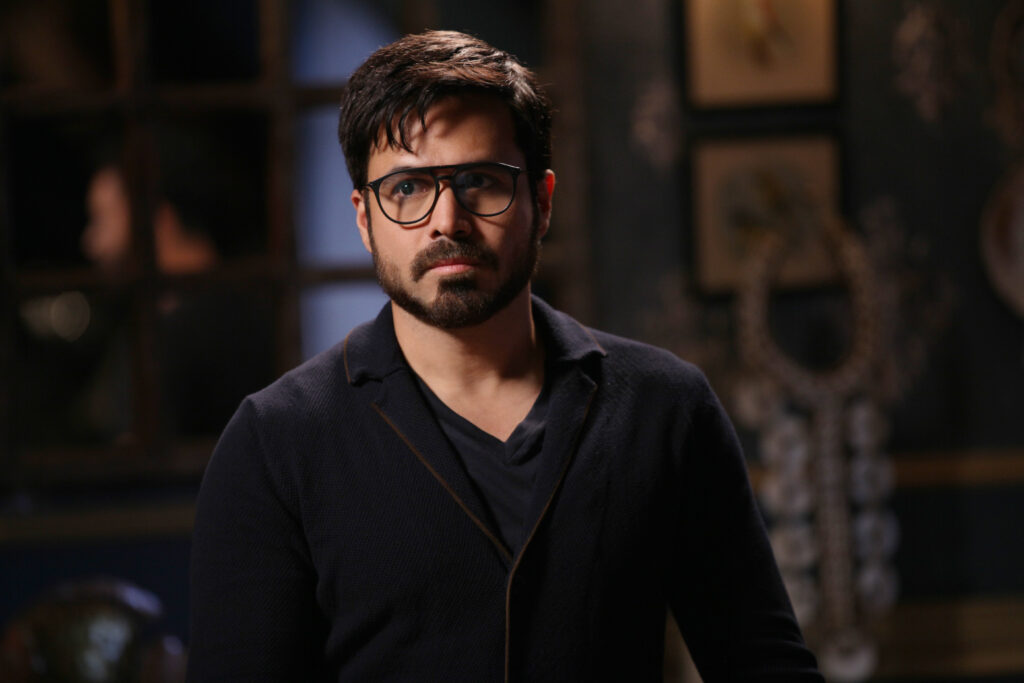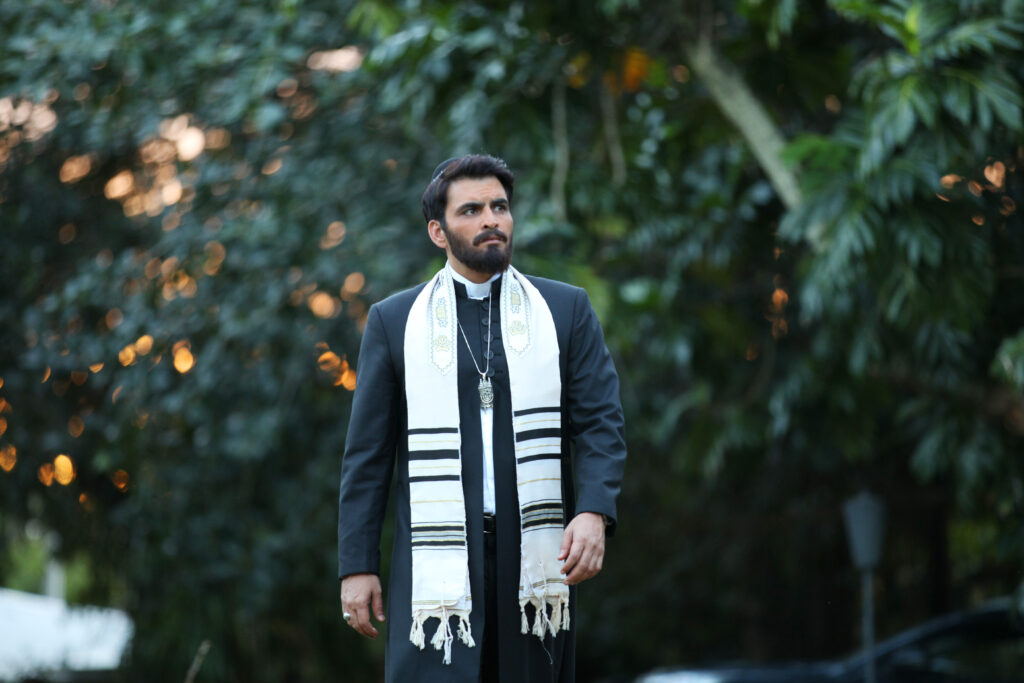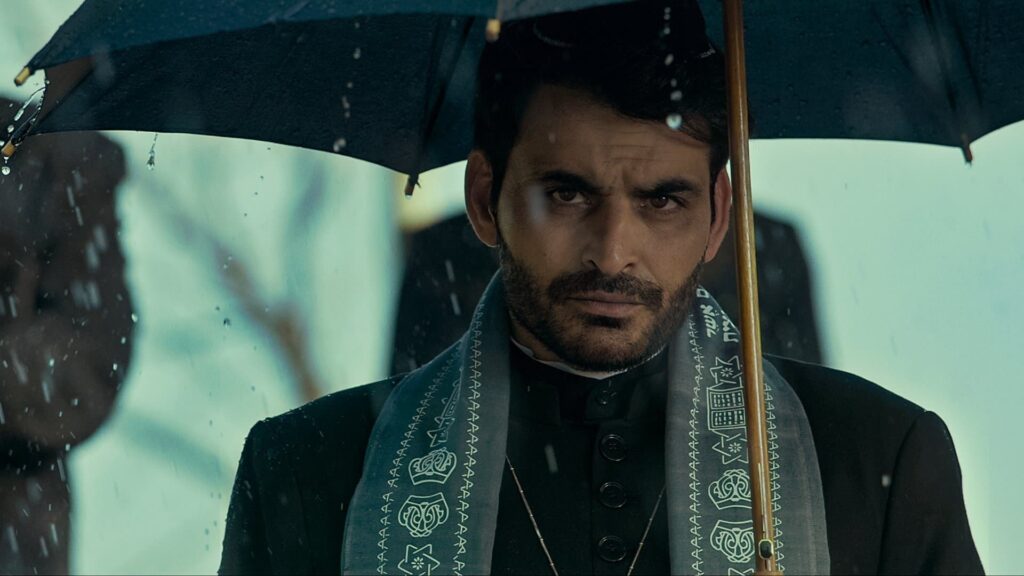Dybbuk (2021) is the official remake of director Jay K’s 2017 film Ezra, starring Prithviraj Sukumaran. Considering I haven’t seen the original version, this is the first time I am entirely experiencing the story, which is written by Jay K, who also directed this remake. The only distinction between the original and this remake that I know of, is that the setting has shifted from Kochi in the original to Mauritius in the remake.

Dybbuk follows the story of Sam Issac, an engineer at a multinational company called Zayake. He is transferred to Mauritius to take over Zayake’s headquarters there, and Issac and his wife move in to a colonial house. Sam’s wife Mahi, buys an antique Jewish box as part of redecorating her own home. Soon paranormal events start occurring, which bears resemblance to a strange murder at an antique shop which had occurred a couple of days back. Things start to become complicated when Sam learns that it is a Dybbuk box, used to capture and lock down malicious spirits called Dybbuk, believed to be the dislocated soul of a dead person. Once the box is opened, the soul possesses a host and sets out to complete its bidding.
Dybbuk the film is an interesting film in terms of recent Bollywood releases, as this is the first time we see Bollywood tackling any sort of Jewish folkore, much less folklore related to horror. The fact that the setting is shifted to Mauritius is a bit of a dissapointment, as the original benefited from telling the story of religious differences and resulting atrocities that occurred with the Jews in Kerala. No such connections here. The religious angle being explored here comes at the tail end of the story, and mostly serves as generic exposition-al backstory.

The biggest issues with Dybbuk as a genre exercise is that there isn’t much of a horror element for much of its runtime. For a movie with a runtime of 112 mins, Dybbuk feels strangely devoid of horror, content to utilize traditional jump scares instead of a build-up of the dread that Sam and Maahi experiences according to the narrative. Instead nothing much occurs in the middle, until almost the hour mark. There is a chase sequence, or more correctly a walking sequence which is shot beautifully. The cinematography by Satya Ponmar during that sequence is fantastic, as well as the production design throughout the film. The second half of the film is when the meat of the story and narrative propulsion occurs, but it still feels far too bland to stand out. Even Manav Kaul, whose entrance in the film promises a bolt of energy is present in fits and spurts. And while Dybbuk promises a conversation of violence related to religious differences, it is content to rush through that avenue via backstory instead of allowing that to breathe. The fact that Mahi marries Sam, a christian and that act causes friction between the families, is only mentioned in passing.

Emraan Haasmi is reliably good in the film here. The standout of Dybbuk is Manav Kaul and the premise or the basic story of the film. There is however a strange dissonance of tones here, a clash between the serious family drama and the horror elements which at times border close to camp. Balancing those two tones causes a huge pacing problem, which is why the film commits the biggest cardinal mistake – it is boring for the majority of its runtime. And even narrative twists, diligently at the hour mark and at the tail end, is unable to recover the movie from limping to the finish line. Its a shame , because Dybbuk is definitely a different sort of horror than what we usually expect from Bollywood, and it would have been a definite standout if the script was tightened up a bit more.
Rating – 2.5/5
Dybbuk is streaming on Prime Video.